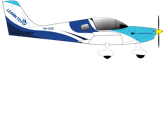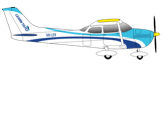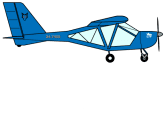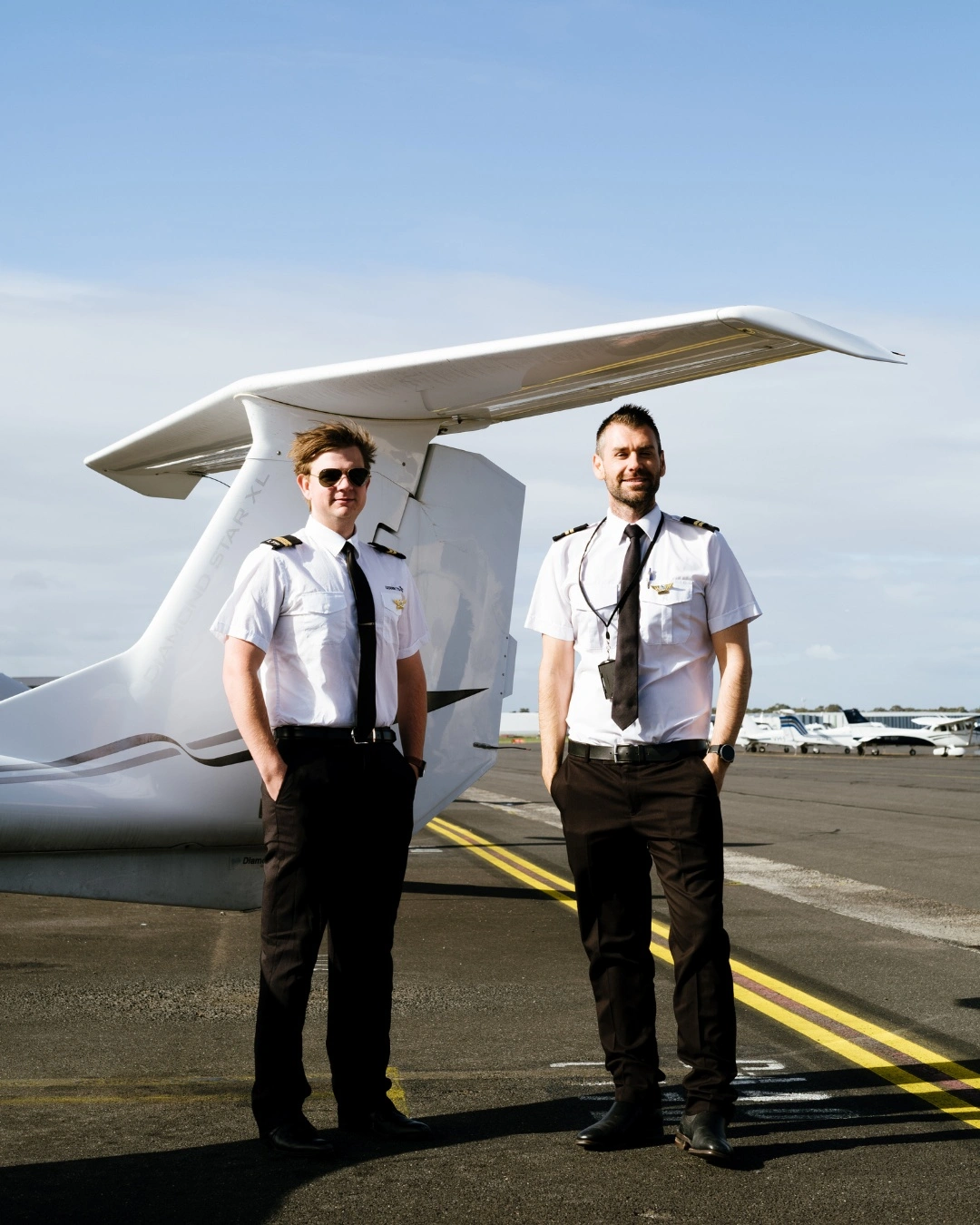
April 20, 2023
Transitioning From Recreational Pilot to Professional Pilot
Transitioning from being a recreational pilot to becoming a professional pilot can be the dream for many. For some, this journey becomes apparent because they started flying purely for recreational reasons, but found it to be so exhilarating that it turned into a career aspiration. Others find themselves wanting to transition from being a recreational pilot to a professional pilot because they wanted to try recreational aviation before committing to the career move. Whatever reason you’re here, let’s talk through transitioning from recreational pilot to professional pilot.
What Type of Professional Pilots Are There?
There are two categories of professional pilots to cover here. The first professional pilot category is flying instructors. Professional flying instructors have completed their fundamental aviation training to qualify for their pilot licence. Furthermore, professional flying instructors have completed additional aviation training to become a Grade 1, Grade 2 or Grade 3 flying instructor. Each of these grades carries different privileges on what the instructor can oversee and sign-off.
If you’re looking to read more on becoming a professional flying instructor, we have put together a number of posts that tell you all about it:
The second category of professional pilots are commercial licenced pilots who are paid to fly aircraft in a variety of operations. This could include freight, passenger transport operations through a regional airline or an international airline, aerial observation pilots or more. We’ve written up a number of these career options in our post ‘A Guide To Professional Aviation Careers’.
What Are The Pathways To Transition From Recreational Pilot to Professional Pilot?
There are a number of ways you can become a professional pilot. If you’re looking to become a flying instructor, then the above posts are the best place to start. If you’re looking to become a commercial pilot who is paid for one of the many professional aviation careers that will become available to you, here are some pathways you can consider.
#1 Enjoy Commercial Aviation Training at an Aviation Flight School
If you’ve started training with a flight school, you can actually continue with the process. This can be with your current flight school or you’re able to transfer – Learn To Fly is accepting students all the time from a variety of backgrounds and experiences.
There are some significant benefits of doing it this way. Firstly, the training is usually less expensive that your other options. Secondly, your training will be based around your experience, background and competency. This means that your background and training will come directly into consideration for your aviation flight training, which saves you both time and money.
Additionally, you can have the opportunity to start working with your flight school as a flying instructor, which will help build your hours and provide an income. Many of the Learn To Fly instructors have also been students with us!
You might decide to undertake an RPL, then PPL and CPL pathway, or you might want to undertake your Diploma of Aviation (CPL) or Diploma of Aviation (Instrument Rating).
#2 Study Aviation Diploma or Bachelor
Some professional pilots may suggest that becoming a pilot through studying a diploma is a good option. This path has some positive aspects. For example, it aims to help you complete the syllabus and become a qualified commercial pilot. It also has a structured and routine approach similar to a university, which may appeal to some.
That being said, there are some downsides to consider, too. Most pilots who have gone down this path will also tell you it’s expensive. Many pilots finish with a significant debt. Secondly, there are absolutely no guarantees of employment when you’re complete. This means it might be tough paying off that debt for a while.
Depending on where you’re at with your recreational flying, you might not receive credit or Recognition for Prior Learning. This means that you might be starting again, even if you have some aviation training and experience under your belt.
With all of this in mind, there are some universities that have partnered with aviation training schools such as Learn To Fly to develop a commercial aviation training program that is very popular. For example, you can complete your Bachelor of Aviation through Learn To Fly, which is with Griffith University. This means that you’re undertaking a university course, but can have the benefits of a professional aviation training school and the potential employment opportunities and prospects that come with this.
#3 Aviation Academies
There are a number of aviation academies, largely run by airlines like Qantas. The upside is that it’s a valid and viable pathway to becoming a commercial pilot. The downsides are that it’s strictly limited for spaces and you often ‘owe’ the airlines a few years of your career. This is essentially the airline making sure they get their worth from you. A job isn’t guaranteed, either, so you can still carry a debt at the completion of your training. Similar to the university option, you’ll usually start the training from scratch and you may not receive full (or any) credits or Recognition for Prior Learning.
What Pathway Do I follow?
Only you can decide which pathway is best for you, transitioning from recreational pilot to professional pilot. However, at Learn To Fly, we have all the expertise you could need to help you answer it.
Chat with one of our flight training specialists to get your pilot training off the ground. Email [email protected] or go to https://drift.me/learntofly/meeting to book a meeting and school tour.
What Else Should I Know?
We’ve compiled a few useful posts that might help you out. Where ever you are on your aviation journey, the team at Learn To Fly Melbourne are here to help. We want you to pass your exams and have an excellent career, so please reach out if we can help support you through your course and studies!
Becoming A Flight Instructor – More Important Now Than Ever Before
We’ll discuss some of the benefits that explain why becoming a flight instructor is more important now than ever before.
Aspiring Career Pilots – Here’s Why You Need a Diploma of Aviation
With so many different types of aviation qualifications out there, which one should you choose? And which Melbourne flight school do you approach? These can be tricky questions to answer, so let us help you out.
Flight Instructor Rating – The Perfect Start For New Commercial Pilot Graduates
What is the best way to get started and set yourself on the right career path for your dream pilot job? In our opinion, it all starts with a Flight Instructor Rating. Let’s find out why!
Flight Instructor Training Endorsements – All You Need To Know
In this blog we’ll outline the Flight Instructor Training Endorsements that are available. We’ll also guide you on how each of these endorsements can add value to your role as a Flight Instructor, and your progression as a professional pilot.


